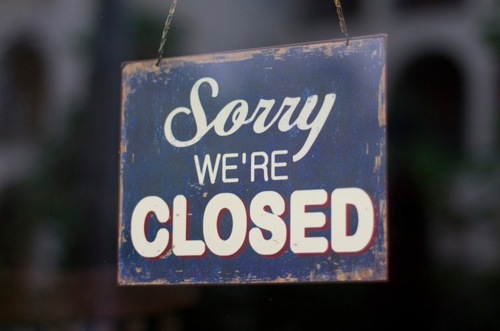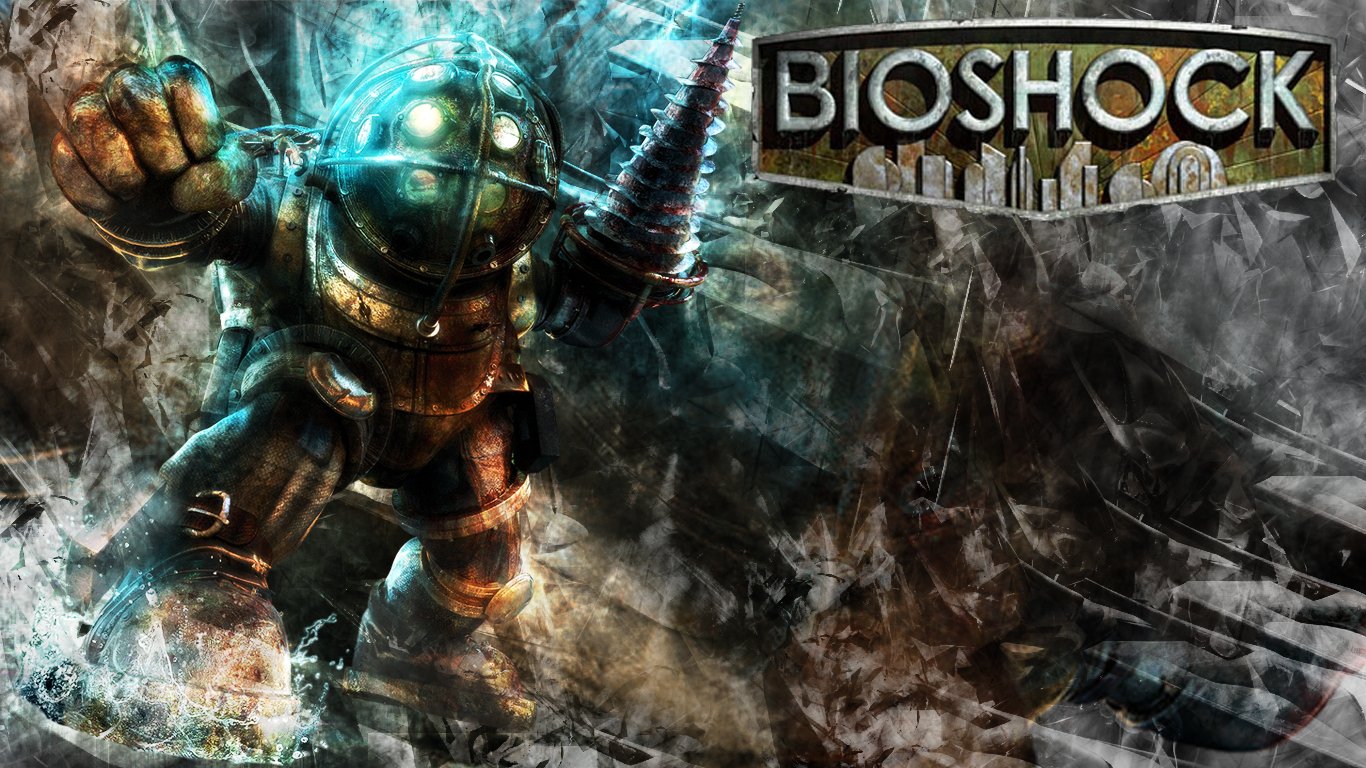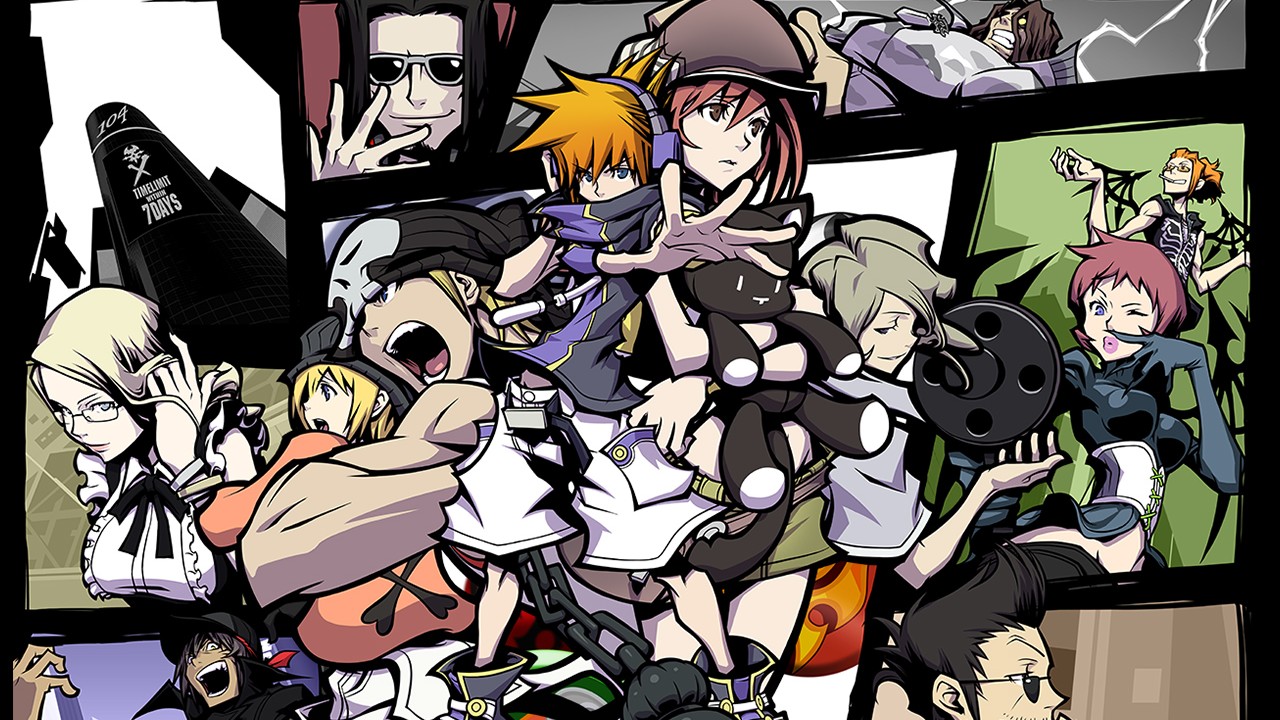For various reasons, I tend to avoid worrying much about the larger games industry and instead like to focus on the games themselves. But with the latest fiasco involving 2K pulling Bioshock not just from the App Store, but from customer purchase histories entirely, I’ve finally had enough. There are a lot of challenges in the mobile gaming sector, with many of them being unfortunate business realities that are hard to address in a way that satisfies everyone. Fine. I get it. One of the bigger problems I’ve seen over the last few years, however, is completely addressable, and it needs to be fixed for the sake of the business and the hobby. I’m talking about the shoddy treatment being given to customers by some of the biggest publishers on the App Store.
There’s an old saying that the customer is always right. After many, many years of dealing with customers in various jobs and from a number of different angles, I have to reject that statement. The customer is not always right. Customers are humans, and humans are prone to being irrational or cranky sometimes. There’s only so far a business ought to bend to accommodate those bad days. But if the customer isn’t always right, they should at least always feel like they’ve been treated fairly. In the heat of the moment, we all want to be right, but the difference between good and bad treatment of a customer is in how they feel about the situation after things have cooled down. If a business handles themselves properly, they can disagree with the customer but still make them feel respected. That’s the goal, and it’s one that a lot of big names on iOS are completely failing at.
The iOS platform presents a lot of new challenges to publishers, particularly at how to maintain support for a constantly-changing iOS over a period of years without any obvious financial incentive to do so. Lots of games make use of middleware that also changes regularly, or even worse, doesn’t change, being left behind a little more with each new version of iOS. There’s probably a reasonable limit or expectation for basic support on a game, but I don’t feel like it’s unfair to get at least a few years out of a game. I also don’t feel like it’s fair to expect support for an app that’s seven years old and not selling anymore. It’s a tough problem as to where to draw that line, and I don’t have any specific answers. After all, businesses need to make money. They have an obligation to their owners and shareholders.
The thing is, nobody is happy when a game breaks and isn’t feasible to fix. Not the publisher, not Apple, and certainly not the customer. While it may seem silly to throw good money after bad, I think it’s probably a good business choice for paid games, especially somewhat recently-released ones. Because when a game goes unfixed, the people who bought it and loved it won’t forget. And while we gamers aren’t the best at sticking to our guns in the face of a really cool new game, those disappointments add up over time, eventually creating a situation where we can’t have faith in spending our money. It’s not just the broken games, though. They are, to an extent, hard to avoid at times.
We’re seeing customer trust eroding steadily over time. When I write big, appreciative articles of older games, or excited previews of upcoming games, it’s not rare to see people commenting that they don’t trust the publisher in question anymore. And you know, why should they? It’s perhaps the case that broken games are sometimes unavoidable, but you know what isn’t? Bad communication. And my goodness, there’s a lot of bad communication in gaming. Empty promises on App Store pages saying the problem is being worked on when it’s clear nothing is being done, as in the case of SEGA with Sonic The Hedgehog 4 Episode 2, or Square Enix with Drakerider. Yanking games from the Store with absolutely no warning, like Gameloft did with a ton of their older titles last year. Giving the warning in as quiet a voice as possible isn’t a whole lot better either, Electronic Arts. Nor do people care for complete and utter silence, like Capcom and Ghost Trick. And while I know they’re doing their best with what they have, it’s disheartening when the only line of communication open to the player is a customer service representative who doesn’t have their story straight, like the confusion with The World Ends With You earlier this year.
I don’t want to take the stick to 2K too hard, because they’re more the straw that broke this particular camel’s back than anything else, but let’s take a look at the Bioshock situation. When the game stopped functioning, players naturally found that one out on their own first. 2K responded by changing the App Store description to indicate that they were aware of the problem and were fixing it. Up to this point, you had some people annoyed that the game was broken, but I don’t think anyone felt particularly angry about the situation. After that, we had nothing but radio silence. The players had to discover the game was pulled from the App Store themselves. And it was the players who discovered the game had disappeared from purchase histories, as well. From 2K, nothing but silence, a silence that continues unless you directly ask their customer support people. Now here we are, and everyone is feeling extremely hurt. I’ve seen readers saying they’re not going to buy 2K’s games anymore. I’ve seen some who say they’re not going to buy paid games anymore. There are even some who are thinking of no longer buying mobile games. And sure, not all of them will go through with those words spoken in the heat of the moment, but some will. Was it really worth it to stay quiet and hope nobody would notice?
As we talked about this situation around the Fanta cooler at TouchArcade Towers today, Eli painted a pretty depressing picture from the point of view of someone who has been in the iOS scene as long as he has. In the beginning, there were paid apps at comparable prices to other markets. Then, they went sub-$10, and everyone started running sales to scoop up the profits they would yield. Soon, people realized they could just wait for the $0.99 sale on anything. Then, they realized they could wait for the game to go free. After that, they realized they didn’t have to wait and could just find a free alternative. And in recent times? The players who have stuck to paid games are being taught that their purchases can’t even be guaranteed to last a calendar year, and might even be ganked out of their purchase history right under their noses. When Bioshock launches for $14.99 and vanishes like a thief into the night within a year, a player is being told in no uncertain terms that their “premium" purchase has about as much meaning and permanence as buying lives in Candy Crush Saga. It’s not hard to see why so many people are sour on it. The paid market has had its throat slashed so many times, it’s little wonder that end of the market is struggling.
I’m not saying there aren’t other factors to blame for the issues facing the hobby. Would that things were that simple. Apple, the media, and yes, the customers too, we all have our part in the current state of affairs. But it’s never going to get better if customer trust can’t be re-established, and I’m afraid that side of things rests heavily in the hands of the big publishers. If we cannot at least guarantee a fair trade of business, a basic set of mutually understood rules about exactly what each of us is buying and selling, then we might as well close the whole thing up and take up stamp collecting. I’m happy Apple offers refunds, even if said refunds are sort of a pain to deal with in cases like Bioshock. Legally, everyone seems to be behaving within regulations. But as much as a refund feels better than just losing your money, it feels even better to not have to ask for a refund in the first place. To not add to that pile of dissatisfaction each customer carries with them in this busy ecosystem of ours.
Maybe Bioshock will be back one day. But even if it is, the point still remains that this situation was communicated very badly to the players by 2K, in such a way that they are feeling abused and disenfranchised. The customer, perhaps, isn’t always right, but they should never leave your “shop" feeling mistreated if you ever mean to see them again. I don’t feel like it’s too much to ask for that the customer receive some basic information if you’re going to change the deal. And Apple? If people get terrible service at too many “shops" in your “mall", don’t be surprised if they find another place to do their shopping. Your responsibility may be lesser here in each individual case, but as the platform holder, you’re the one that has to keep this all pinned together.

Mobile gaming, like other forms of gaming, has amazing potential. I’d like to see a bright future in it for games that aren’t cheap trifles. But for that to happen, people need to be able to believe in what they’re buying, and trust that the seller will be honest and fair within reason. Every time something like this happens, I see more and more decent people coming to believe that those simple needs are no longer being met. If not only for the sake of doing what’s right, big publishers ought to also think of the threat this poses to long-term business viability. Let’s nurture this corner of the hobby and keep it healthy instead of cravenly taking it for all its worth, damn the torpedoes. Give people back their confidence to spend by showing a little basic respect, and see what happens. You never know, you just might take to it.
Anyway, sorry for the rant, friends. That’s my peace.

